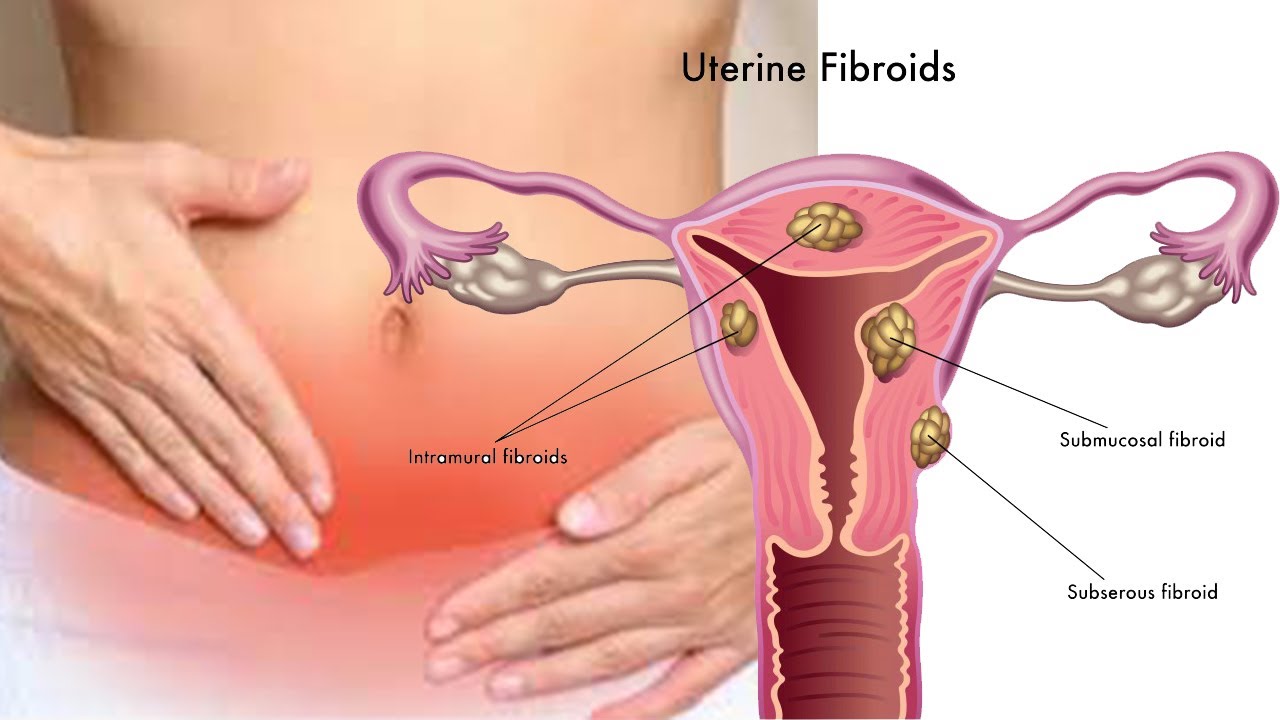If you and your partner have been trying to conceive, but have not yet been successful, you may be wondering whether something is wrong. Infertility is significantly more common than most people think – in the United States, about 11% of women have had difficulty getting pregnant.
Many women experience infertility due to a genetic condition, either caused by a genetic abnormality, or a condition inherited from their parents. There are a number of genetic conditions that can interfere with a woman’s fertility.

Signs of a Genetic Cause for Fertility Troubles
The most common symptoms experienced by a woman with a genetic condition causing her infertility are:
- Amenorrhea, either primary or secondary. Primary amenorrhea means that the woman has never menstruated. Secondary amenorrhea means that she has not had a period for at least 6 months and has not yet entered menopause.
- Slow sexual development, also called delayed puberty.
- Recurrent miscarriages.
How Genetics Can Impact Recurrent Miscarriages
When a woman has either three consecutive miscarriages during her first trimester, or two consecutively with one in the first trimester and another in the second, this is known as having recurrent or repeated miscarriages. Up to 60% of miscarriages occur due to chromosomal abnormalities in the fetus that make the pregnancy unviable, and the risk of these abnormalities increases if the mother is of advanced maternal age (35 or older).
In 3-8% of all lost pregnancies, one or both parents may be carrying a genetic disorder that is being passed on to the fetus, which causes a miscarriage. A genetic carrier screening could help a couple struggling with recurrent miscarriages understand whether there’s a genetic cause.
Other Genetic Conditions That May Cause Infertility
Genetic conditions may be passed down from the parents or caused by chromosomal abnormalities (which are not inherited from either parent). The risk of chromosomal abnormalities tends to increase if the mother is 35 or over.
Turner syndrome occurs when a woman is born with one X-chromosome either missing or structurally different than a typical X-chromosome. Though the vast majority of women with Turner’s will be unable to become pregnant, a small minority have normal ovarian function and may be able to conceive.
Down syndrome. Only around 50% of women with Down syndrome are able to conceive, and those women typically experience menopause earlier in life than usual.
Androgen insensitivity syndrome (AIS) is an intersex condition in which a person is born genetically male (having XY chromosomes), but their body is resistant to male hormones. This causes them to develop as a woman. People with AIS typically identify as women, but lack ovaries and a uterus, and are unable to become pregnant.
Visit Your Doctor with Any Questions
If you’re wondering whether you or your partner may have a genetic condition that’s interfering with your infertility, it’s important to discuss your concerns with your doctor. He or she will be able to refer you for the appropriate testing.
SOURCES:
https://originelle.com/miscarriage-recurrent-pregnancy-loss.html
https://kidshealth.org/en/teens/delayed-puberty.html
https://www.centerforhumanreprod.com/infertilityedu/causes/repeatedmiscarriages/causes/
http://www.who.int/reproductivehealth/topics/infertility/definitions/en/
https://www.news-medical.net/health/Down-Syndrome-Complications.aspx
https://ghr.nlm.nih.gov/condition/turner-syndrome#genes
https://medlineplus.gov/ency/article/001180.htm
https://www.nichd.nih.gov/health/topics/infertility/conditioninfo/common
https://www.verywellhealth.com/what-are-the-causes-of-down-syndrome-2633265






